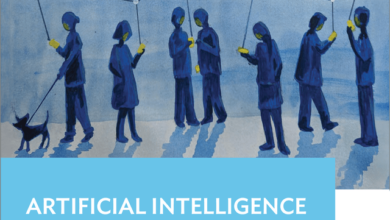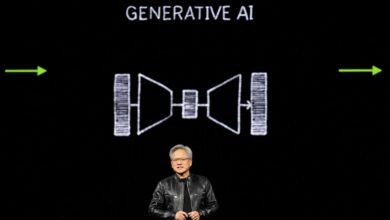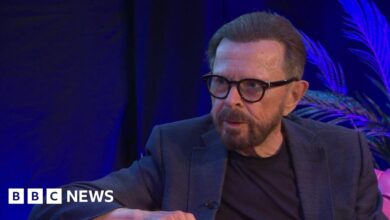CMU Experts Lent Expertise to New U.S. Artificial Intelligence ‘Roadmap’ – News
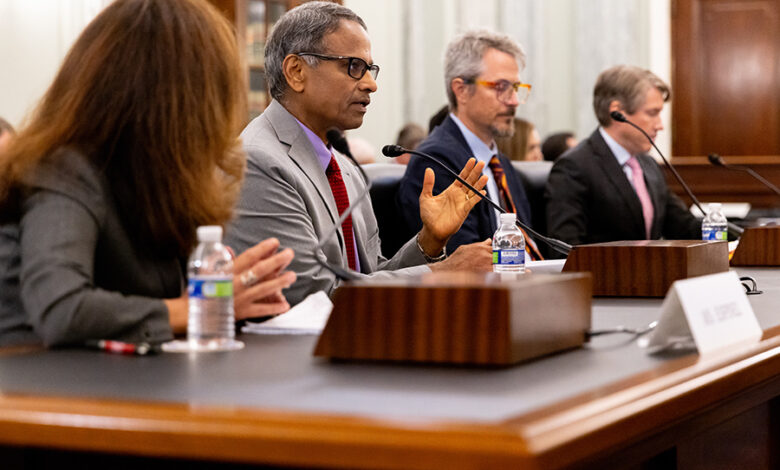
The Bipartisan Senate AI Working group, led by Majority Leader Charles E. Schumer, and Sens. Mike Rounds, Martin Heinrich and Todd Young, announced a new legislative plan(opens in new window) for artificial intelligence on Wednesday, May 15. Carnegie Mellon University experts contributed knowledge and expertise to the group as the plan was developed over many months.
The roadmap, “Driving U.S. Innovation in Artificial Intelligence(opens in new window),” directs Congress to infuse billions of dollars into research and development, provides direction to Senate committees crafting legislation on the technology, and takes a step forward in regulating AI.
“The bipartisan roadmap put forth today by Senate Majority Leader Schumer and Sens. Rounds, Young and Heinrich, which was forged through unprecedented dialogue with innovators, researchers, and public and private stakeholders, offers a bold strategy for advancing U.S. economic competitiveness and ensuring all Americans can benefit from advances in trustworthy AI and robotics,” Carnegie Mellon President Farnam Jahanian(opens in new window) said in the announcement.
How did CMU Advise on the AI Roadmap?
The plan is a product of months of AI Insight Forums among lawmakers, top tech executives, civil rights and labor leaders, consumer protection advocates and researchers. As a talent hub for artificial intelligence and robotics, CMU offered unique expertise to ensure the U.S. can realize the transformative potential of AI while ensuring its safe and responsible use.
Jodi Forlizzi(opens in new window), the Herbert A. Simon Professor in the Human-Computer Interaction Institute (opens in new window)and faculty lead for the Responsible AI Initiative(opens in new window) through the university’s Block Center for Technology and Society(opens in new window), testified at The AI Insight Forum on AI Innovation on Oct. 24, 2023.
Her statement, which is included in the report(opens in new window) released this week, made recommendations(opens in new window) to the senators to ensure that innovations in AI are sustainable, responsible and work for workers.
Forlizzi’s testimony capped a season of CMU experts on Capitol Hill(opens in new window), including:
- School of Computer Engineering Dean Martial Hebert(opens in new window) and Tom Mitchell(opens in new window), Founders University Professor in the Machine Learning Department, who briefed approximately 100 Senate staff on AI over multiple occasions.
- Ramayya Krishnan(opens in new window), dean of the Heinz College of Information Systems and Public Policy(opens in new window), faculty director of the Block Center(opens in new window), and a member of the U.S. Department of Commerce’s National Artificial Intelligence Advisory Committee(opens in new window), who testified on the need for transparency in AI(opens in new window) to a Senate subcommittee on consumer protection, product safety and data security on Sept. 12, 2023.
- Rayid Ghani(opens in new window), Distinguished Career Professor in CMU’s Machine Learning Department and the Heinz College, and chief scientist for the Obama for America 2012 election campaign, who testified as a witness(opens in new window) during the U.S. Senate Homeland Security and Governmental Affairs Committee hearing on “Governing AI Through Acquisition and Procurement,” on Sept. 14, 2023.
- College of Engineering Dean Bill Sanders(opens in new window), who presented during(opens in new window) “Artificial Intelligence for Accelerating Progress on the Sustainable Development Goals: Addressing Society’s Greatest Challenges” as part of the 78th U.N. General Assembly, hosted by U.S. Secretary of State Antony Blinken on Sept. 18, 2023.
- Block Center faculty Hoda Heidari(opens in new window), K&L Gates Career Development Assistant Professor in Ethics and Computational Technologies, along with Mitchell, Ghani and Krishnan, who briefed coalitions and caucuses(opens in new window) from both sides of the aisle on AI governance and accountability on Sept. 27, 2023.
- Aarti Singh(opens in new window), a professor in the Machine Learning Department(opens in new window) of the School of Computer Science(opens in new window) and director of the AI Institute for Social Decision Making(opens in new window), who met with members of Congress and their staffs as part of the National AI Research Institutes Congressional Showcase(opens in new window) on Sept. 29, 2023.
- William Scherlis(opens in new window), professor of computer science and director of CMU’s Institute for Software Research, who testified in a January House Oversight subcommittee hearing, “Toward an AI-Ready Workforce.(opens in new window)”
Recognizing the role of robotics
Among its recommendations, the plan calls for funding for research and development at the intersection of AI and robotics to advance national security, workplace safety, industrial efficiency, economic productivity and competitiveness.
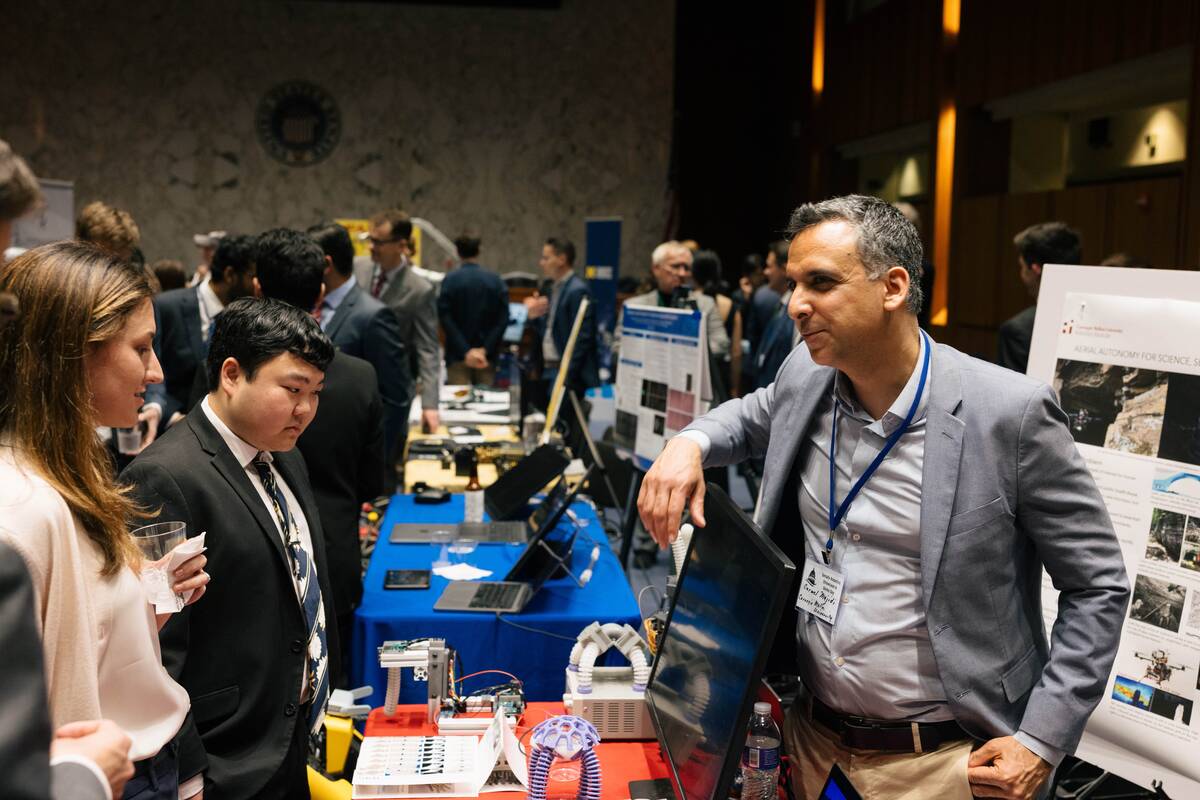
In April, CMU co-hosted members of Congress(opens in new window) at the Senate Artificial Intelligence Caucus’ robotics showcase “Robotics for a Better Tomorrow” to advise national decision-makers on the role of robotics in enhancing U.S. productivity and economic development. Members of Congress and their staff engaged with robotics researchers, developers and students to better understand how the technology is evolving with AI, contributing to regional economic development and transforming the U.S. workforce.
“This bipartisan roadmap recognizes that innovation in robotics is vital to realize AI’s ability to enhance the future of our economy and improve the quality of life in America,” said Theresa Mayer(opens in new window), CMU’s vice president for research. “Majority Leader Schumer, along with Sens. Round, Young and Heinrich, solicited input from a wide variety of experts and stakeholders and we are so appreciative to see our faculty’s expertise reflected in these recommendations.”
